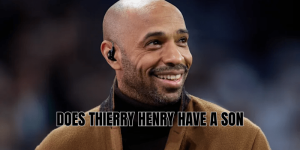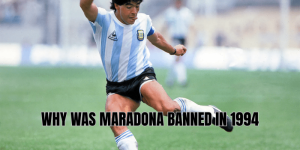You’re probably asking: why Thierry Henry left Arsenal—and believe me, that question carries layers. The Gunners’ all-time top scorer didn’t just walk out because of a whim. It was a move borne of ambition, adversity, both personal and professional, and a tense mix of timing and fate. In this article, TigerKick will dig deep into what led Henry to depart his beloved club, peeling back what the public saw and what he revealed only later.
The Peak Years at Arsenal
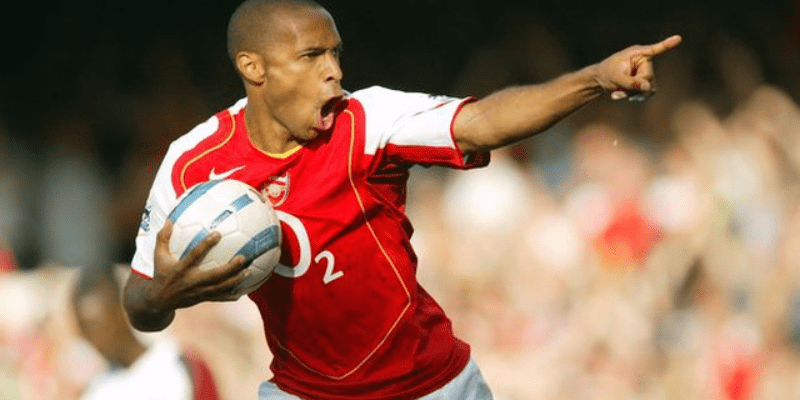
Before we unravel the reasons for departure, let’s set the scene. Henry arrived at Arsenal in 1999, under Arsène Wenger’s guidance, transformed into one of the most fearsome forwards in the world. Over eight seasons, he smashed records, won Premier League titles (including the legendary 2003-04 “Invincibles” campaign), and claimed multiple Golden Boots. He became the embodiment of Arsenal’s attacking ethos and the face of the club for a generation.
During his tenure, he broke Ian Wright’s all-time goal tally, became captain, and led the side to the 2006 UEFA Champions League Final. Yet, by 2007, cracks were showing—not just in Arsenal’s ambition, but in Henry’s own body and mindset.
Motivations from Henry’s Perspective
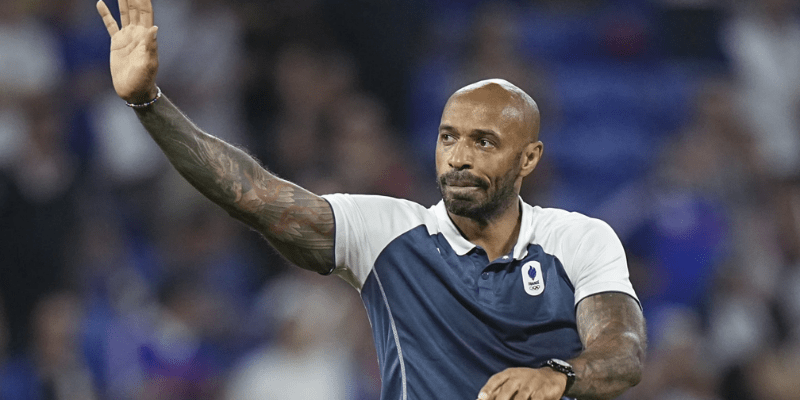
When you ask why Thierry Henry left Arsenal, you must hear his own voice. In interviews and recent revelations, he’s shared emotional truths behind his decision.
Seeking Challenge and Avoiding Comfort
Henry has spoken candidly about how he felt he needed to push himself. He said that staying at Arsenal, where he was an unquestioned hero and captain, might lull him into complacency. He craved a new environment, a club with “bigger stars” and pressure to earn his place—not just rely on reputation. He wanted to “re-learn” football in a different system, under different expectations.
Personal Turmoil: The Divorce That Hit Hard
One of the most vivid revelations came when Henry admitted he was going through a divorce at the time of his move. He arrived at Barcelona injured, learning a new language, adapting to a foreign culture—and simultaneously coping with upheaval in his personal life. He described how no one at Barça cared about his off-field struggles: when you step into the big spotlight, performance becomes the only currency.
Injuries, Decline, and Diminishing Margins
Physical strain was already taking its toll. In his final season at Arsenal, Henry suffered a series of injuries—groin, back, hamstring—that forced him to miss large stretches. Wenger himself suggested that the heavy exertion of previous seasons had caught up with Henry. The fear was that the speed and explosiveness that underpinned his brilliance might be fading.
Arsenal’s Role: Timing, Strategy, and Pressure
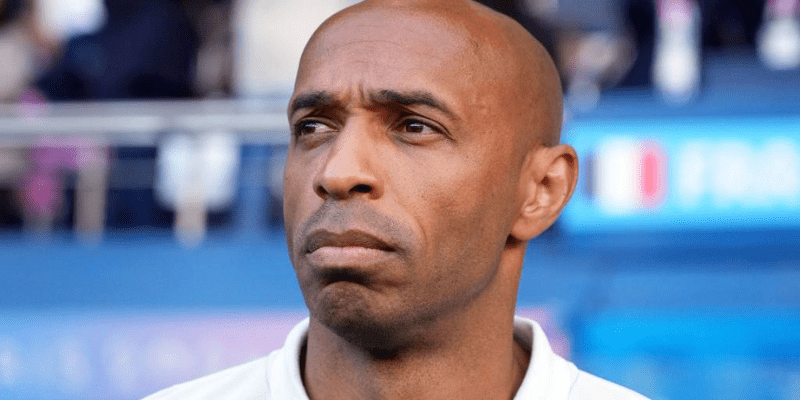
Henry’s motives explain a lot. But Arsenal, too, played a role in facilitating — if not initiating — the exit.
Financial Realities and Stadium Cost Pressures
In 2006–07, Arsenal were still bearing the financial burden of their new stadium, the Emirates. That investment required fiscal prudence. Letting go of a high-wage star while his value was still strong made sense in accounting terms. Henry was sold to Barcelona for roughly £16 million.
Perception of Decline by the Club Hierarchy
Former Arsenal director Keith Edelman later revealed that the club believed Henry was losing pace, a fatal trait for a forward whose game relied heavily on acceleration and movement. The logic was: get value now, before a decline becomes visible.
Leadership Changes and Uncertainty Over Wenger’s Future
Another critical factor was instability at board level. David Dein, a key influence and advocate for Henry, had departed the club. There was uncertainty around Wenger’s own long-term future at Arsenal. Henry himself cited the departure of Dein and the club’s uncertain trajectory as part of his decision to leave.
Also, as captain, Henry had immense presence—and at times, his seniority meant the team deferred to him even when his positioning wasn’t ideal. He acknowledged that his continued presence could be more of a burden than a benefit in that evolving squad.
Why Barcelona? The Move That Made Sense
Given global interest, why Barcelona? For Henry, the move represented everything he wanted: to test himself among elite talents like Messi, Eto’o, Ronaldinho—and to win the Champions League, a trophy that eluded him at Arsenal.
He joined knowing he would not start every match. Frank Rijkaard told him he might begin on the bench. Yet Henry happily accepted that challenge. He wanted to fight, not rest. In doing so, he embraced humility and adaptability—traits he thought would prolong his career rather than shorten it.
What Was Lost and What Was Gained
Leaving his home at Arsenal came at risk—but the results justified the gamble. While Arsenal would struggle in the years ahead to replace his firepower, Henry went on to win multiple La Liga titles and the 2009 Champions League with Barcelona as part of their historic treble team.
But he also lost the security, adoration, and centrality he enjoyed in London. He traded that for pressure, competition, a new league, and moments of uncertainty. Yet that discomfort is precisely what he claims he needed.
Legacy and Reflection Through Time
Looking back, why Thierry Henry left Arsenal wasn’t about betrayal. It was about evolution. The transfer marked a turning point not just for Henry’s career but for Arsenal’s identity. Arsenal lost their talisman; Henry gained a new chapter full of risk and reward.
Over time, Henry has spoken with grace. He doesn’t shame Arsenal; he frames his exit as a necessary leap. He honors what the club meant to him while acknowledging he needed to keep growing.
If there was regret, it’s never sounded in his voice.
Conclusion
Why Thierry Henry left Arsenal is not reducible to one cause. It’s a tapestry woven, staying would have meant stagnation—so he broke free, embraced uncertainty, and rewrote his story.
If you want to dig dee, or compare his Barça years side by side, TigerKick is ready to guide you. Want a narrative of Henry’s peak years, his role in Barcelona’s rise, or how Arsenal coped after his departure? Let me know, and we’ll jump right in together.


